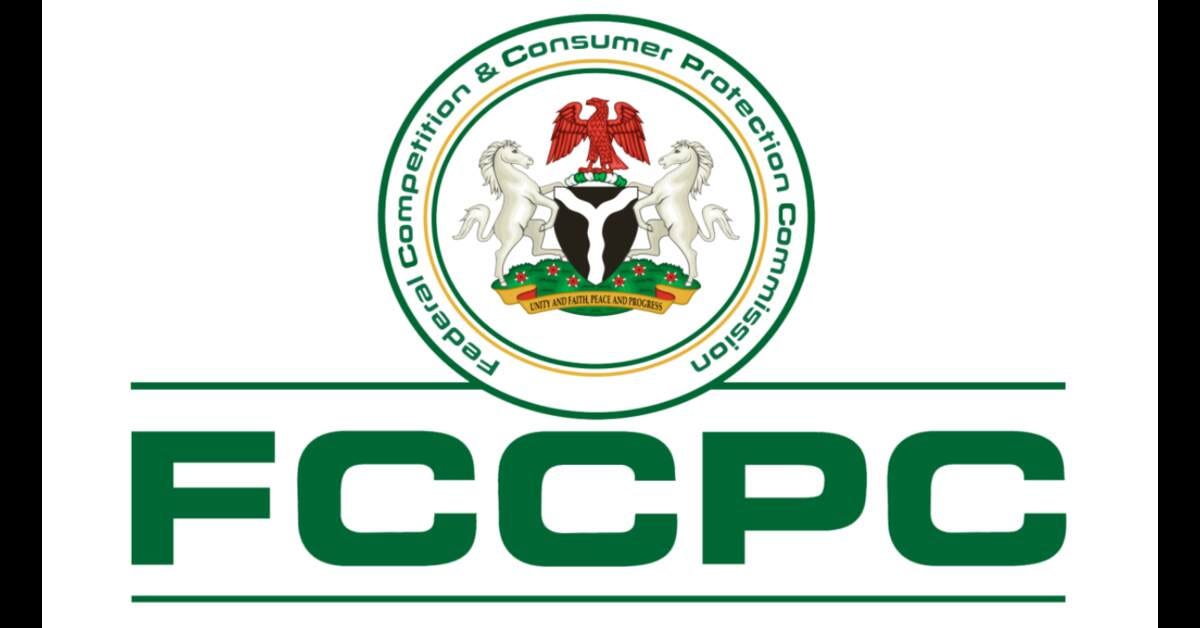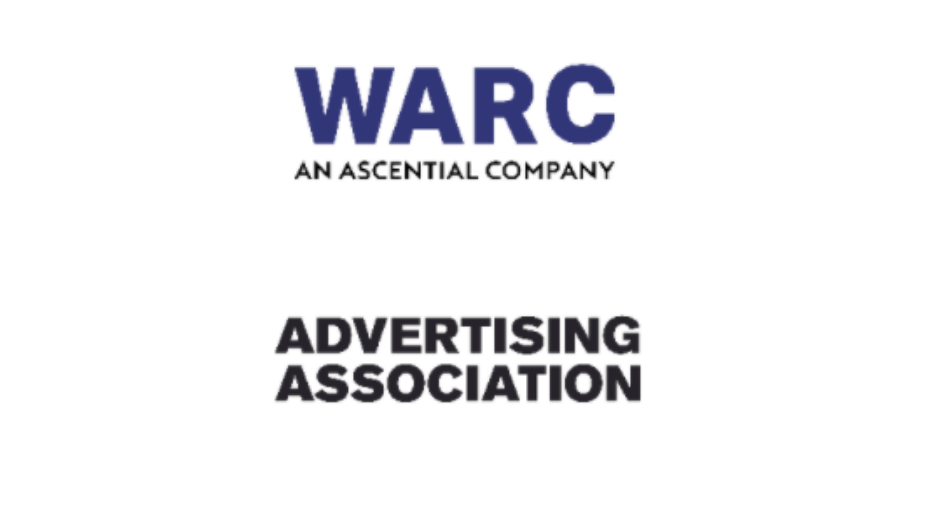Nigeria’s consumer protection landscape took a major step forward this week as two separate court rulings reaffirmed the rights of ordinary citizens against corporate malpractice. The Federal Competition and Consumer Protection Commission (FCCPC) hailed the decisions as a clear demonstration that the country’s legal system can deliver justice for consumers who have long endured unfair treatment from powerful service providers.
In Lagos, Justice R. O. Olukolu of the State High Court awarded ₦5 million in general damages to Mr. Ben Onuora, a DStv subscriber who was wrongfully disconnected despite proof of payment. The ruling, which found Multichoice Nigeria Limited guilty of violating consumer rights, ordered immediate reconnection and additional compensation for the inconvenience caused to the claimant and his family.
For Onuora, the victory goes beyond personal relief. It offers renewed faith to millions of Nigerians who regularly face abrupt service disruptions, often without redress. “It shows that the system can work if you pursue your rights the proper way,” he said quietly after the verdict, his tone carrying both gratitude and disbelief.
In Enugu, a similar sense of justice echoed. The High Court, presided over by Justice C. O. Ajah, struck down Peace Mass Transit’s “no refund after payment” policy, describing it as illegal and void under the Federal Competition and Consumer Protection Act (FCCPA) 2018. The transport company was ordered to pay ₦500,000 in damages to Mr. Tochukwu Odo, a passenger whose fare was withheld after his trip was cancelled.
Justice Ajah ruled that service providers cannot retain consumers’ money for services not rendered, stressing that such conduct breaches the very principles of fairness enshrined in the FCCPA. The decision resonated strongly with passengers across the country, where transport refund disputes have become an almost accepted frustration.
Reacting to the judgments, the FCCPC’s Executive Vice Chairman and Chief Executive Officer, Mr. Tunji Bello, applauded the courts for “strengthening public confidence and reinforcing fairness in the marketplace.” He noted that the rulings underscore the strength of the FCCPA and reaffirm Nigeria’s growing culture of consumer accountability.
“These decisions prove that justice does not require violence or self-help,” Bello said. “They show that when consumers use lawful channels, the system can and will protect them.”
Between March and August 2025 alone, the FCCPC helped recover over ₦10 billion for consumers across 30 sectors. The Commission said this reflects the increasing effectiveness of Nigeria’s consumer protection framework and a stronger collaboration between regulatory enforcement and judicial action.
ALSO WATCH MARKETING EDGE ONTV
The FCCPC’s Director of Corporate Affairs, Ondaje Ijagwu, described the twin judgments as “a wake-up call for service providers who still treat consumer protection as optional.” According to him, the Commission’s goal is to ensure fair markets and accountability across all sectors, adding that “violations now attract real consequences.”
Consumer rights advocates say these rulings mark a turning point. For years, Nigeria’s consumers have endured exploitative policies, from arbitrary billing to unfair subscription rules and non-refundable services. But these court decisions, they argue, show that the law is beginning to tilt in favour of the everyday citizen.
Beyond the courtroom victories, the FCCPC believes the rulings will inspire more Nigerians to come forward, report abuses, and demand justice through official channels. The Commission encouraged consumers to lodge complaints through its online portal, email, or physical offices nationwide.
For many Nigerians, these cases are more than legal triumphs; they are proof that accountability can be achieved, and that fairness in the marketplace is not an illusion. Bit by bit, the balance of power is shifting, from corporations that once acted with impunity to consumers who now know their rights and can defend them.







Comment
No comments found.